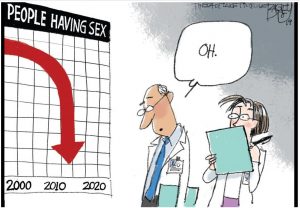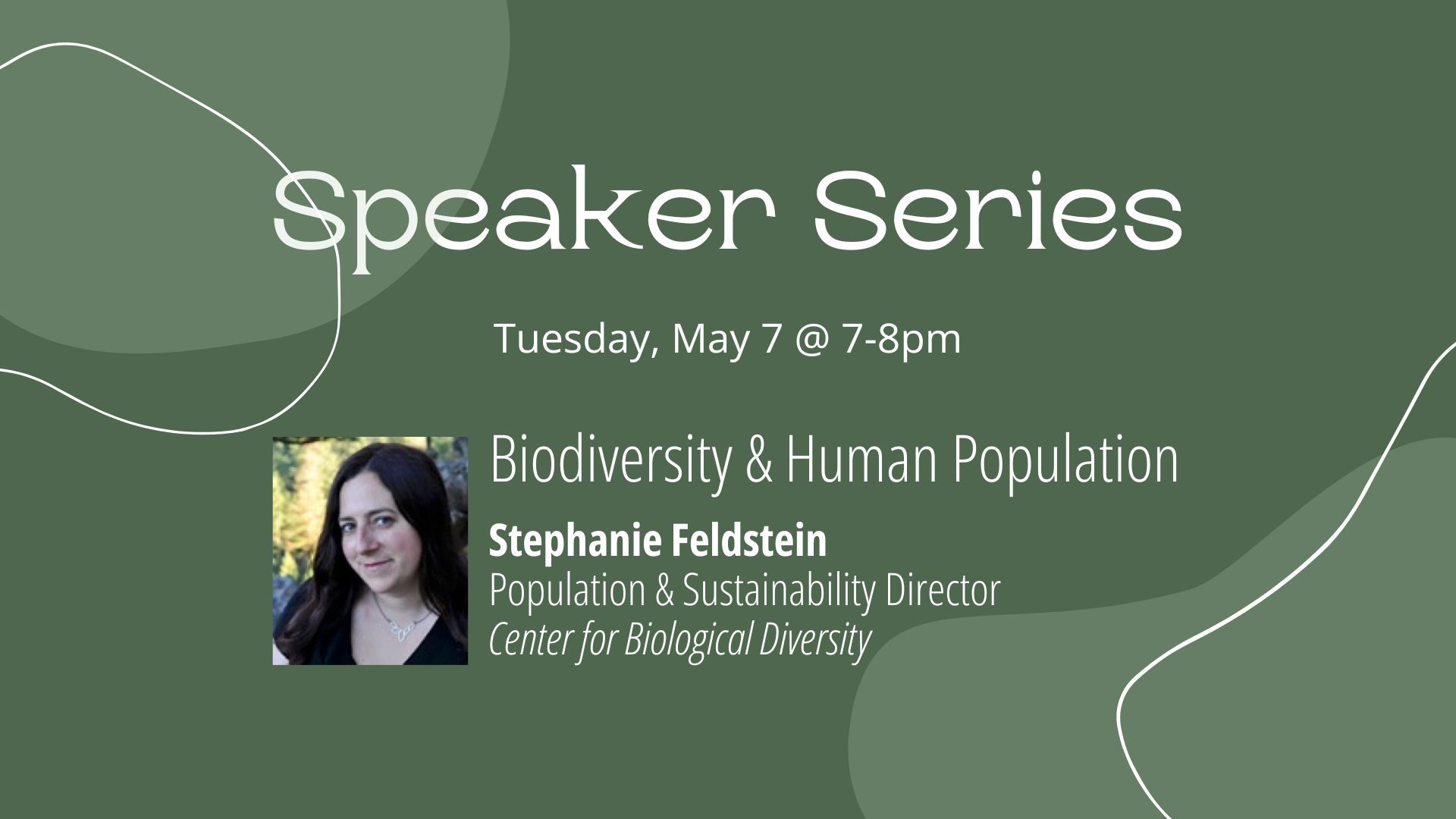If the issue is not enough babies, Mike Lee is part of the problem, not the solution
- April 2, 2019
By George Pyle. The Salt Lake Tribune
“Sure overpopulation is a problem. That’s why people should have lots of babies. Because one day, one of those babies is going to grow up and solve that problem.”
— Ted Baxter
In geometry, any two points make a line. In professional punditry, any three points constitute a meaningful trend.
• Point 1: Utah’s Sen. Mike Lee made a total fool of himself by standing up on the floor of the World’s Greatest Deliberative Body to claim that the answer to problems caused in large part by the overpopulation of the world was for people to have more babies.
• Point 2: Republicans are trying to have the whole of the Affordable Care Act declared unconstitutional, attempting to toss upwards of 20 million Americans off the already-too-small roll of people who have health insurance.
• Point 3: The latest edition of the General Social Survey indicates that the number of people who had no sexual relations with another person over the preceding year has reached an all-time high. Nearly a quarter of U.S. adults self-reportedly came up empty in that department in 2018. (One presumes that the number of people who had sex and denied it is balanced by the number of people who didn’t have sex claimed they did.)
• Meaning: We are well beyond the era where people have lots of babies out of fear that only a few of them will survive to adulthood — or even long enough to pull a plow — and have entered a time when many people, quite logically, are having fewer babies out of fear that they won’t be properly taken care of. That, in fact, their arrival will only accelerate the demise of human civilization as we know it.
Lee’s argument is exactly the one referenced above, made by the dimwitted anchorman who was the bane of Mary Richards’ existence on the classic “Mary Tyler Moore Show” more than — gasp — 40 years ago. Not that there is never wisdom in the words of fools.
In a slightly more sentient essay on his Senate web page, Lee correctly points out that past predictions of global catastrophe have not come to pass because human ingenuity stepped in. Increased population did not cause millions to starve to death, because agriculture made great strides even as the birth rate soared.
Lee might well also have noted that aerosol sprays didn’t destroy the atmosphere, the turning of the calendar to the year 2000 didn’t play havoc with every computer on earth and the American bald eagle did not go extinct. In each case, humans became aware of what the future was going to be like if we did not act. So we figured it out and, individually, culturally and through our government institutions, invented new technologies and changed our behavior, thereby avoiding what could well have been a dreadful future.
Of course, the senator also included a sorry No-I-didn’t-see-“Chinatown”-why-do-you-ask? example of how city of Los Angeles was able to grow to its current megalopolis size with major water projects. Projects built with a massive grab of water rights from farmers and Indian tribes described in Mark Reisner’s 1993 “Cadillac Desert“ as “chicanery, subterfuge … and a strategy of lies.”
People are having less sex, and fewer babies, for reasons both good and worrisome. Women have other things to do. A knowledge economy that places no value on upper-body strength should be, and increasingly is, a way for women to realize, like Ted’s friend Mary, that they can make it after all with no husband and no children.
Meanwhile, the social safety net that might make people feel more secure bringing new lives into the world is under active and sustained attack — by Lee and his fellow Republicans. The deliberate transfer of wealth from the rest of us to the 1 percent, increasing numbers of men with no jobs and no prospects, Third World rates of maternal and infant mortality in the U.S. and political leaders whose response to climate change is, “Don’t worry your pretty little heads about it,” do nothing to inspire confidence in our future as an ideal place to raise a family.
We could well, as Lee says, think our way out of this. We could invent sustainable, clean sources of energy and build a future where the population can increase in ways that don’t destroy the planet. But you can’t avoid a calamity if you refuse to see it coming.
George Pyle, editorial page editor of The Salt Lake Tribune, notes that we have made it well into the 21st century with neither Martian colonies nor World War III. gpyle@sltrib.com



